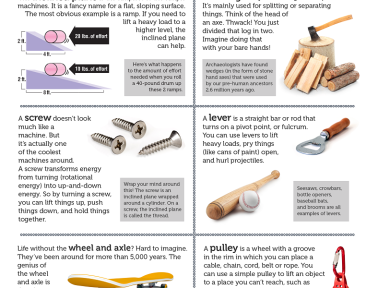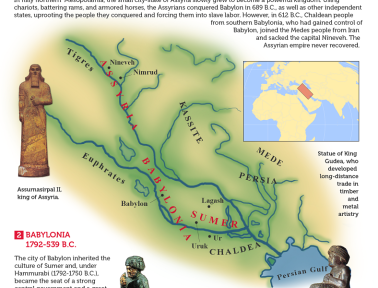 –>
–>

Teachthought defines digital citizenship as, “the quality of habits, actions and consumption patterns that impact the ecology of digital content and communities.” With the prevalence of technology in the classroom, it is no wonder the term ‘digital citizenship’ has become a popular expression and critical practice within schools and districts.
Teaching digital citizenship in a world of anonymity is a challenge. Start by setting rules for online publishing and use a platform that gives you the ability to guide students toward respectful behavior in your classroom. Ensure your students know that with choice and voice comes responsibility.
There are several components to digital citizenship – maintaining privacy and safeguarding personal information, properly citing and respecting property rights of others’ work, and the use of proper grammar rather than “text talk” – to name a few.
Whether publishing photos via Instagram, videos using TikTok or Flipgrid, or using written text with WordPress or Kidblog, blogging is an amazing tool that can be used to empower students and teach digital citizenship. When publishing online, students need to be aware of what and for whom they are sharing. This awareness can lead to understanding of how and why to use the technology appropriately. The use of blogging cultivates an online community where students take ownership of their work, provide constructive feedback to one another, and demonstrate they are a good digital citizen.
Connecting with classrooms around the world can be beneficial in teaching students proper ways to interact with other students online and the ‘netiquette’ that is critical to their success as bloggers and digital citizens. Teaching constructive and respectful commenting becomes all the more important when different cultural views and customs come into play. These differences can often be a powerful springboard into a deeper conversation about diversity and cultures, and may even provide an opportunity to connect live with that class through videoconferencing.
Each year during Digital Citizenship Week, teachers and students across the globe come together to celebrate digital citizenship by demonstrating and sharing how it is practiced and exhibited in their classroom work. We encourage you to share how you use Kidblog to teach and practice digital citizenship with your students by tweeting @Kidblog using the hashtags #kidblog, #digcitweek, and/or #studentvoice.
And, to help celebrate Digital Citizenship Week 2019, Kidblog is offering a 19% discount for Teacher Premium memberships, valid October 7-21, 2019. Use code DIGCIT19 to purchase 12-months of Kidblog for just $44.










